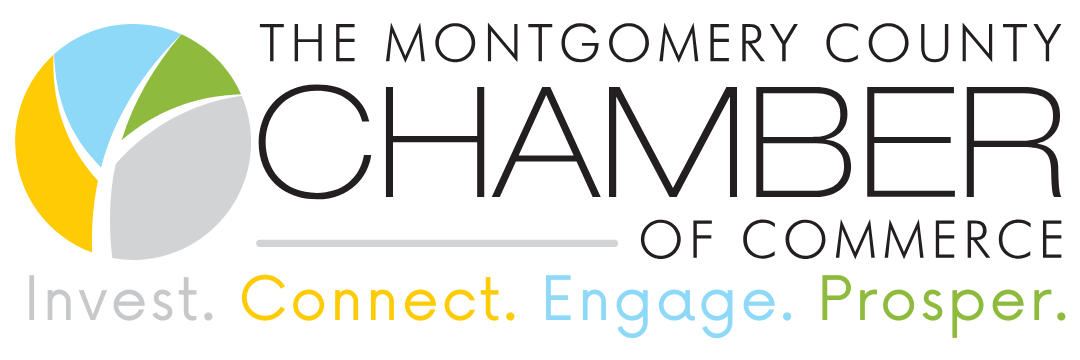The Impact of Election Day on Small Businesses
The Impact of Election Day on Small Businesses
Election Day is a significant event in the United States, one that impacts communities at various levels. While the political sphere often takes center stage, small businesses experience unique effects stemming from this democratic exercise. From shifts in customer behavior to temporary adjustments in operations, the implications of Election Day on small businesses are both immediate and far-reaching.
1. Customer Traffic and Buying Behavior
Election Day can directly impact customer foot traffic. In areas where voting centers are situated close to small businesses, Election Day can create an influx of customers before or after they cast their votes. For cafes, restaurants, and local retailers, this increase in foot traffic often leads to a boost in sales, as people stop to grab coffee, snacks, or meals around their voting schedule. Some businesses even offer Election Day promotions or discounts to attract these customers and encourage civic engagement.
On the other hand, the day may also see reduced activity in certain sectors. Some consumers may choose to stay at home or avoid public spaces if they expect larger-than-usual crowds. Businesses relying heavily on day-to-day regulars may experience a dip in traffic as their customers focus on voting instead of shopping.
2. Employee Scheduling and Time Off
Election Day can pose scheduling challenges for small businesses, especially as employees may need flexibility to vote. In some states, laws require employers to provide employees with time off to vote, which could affect staffing levels and business operations. For small businesses with limited staff, planning for Election Day absenteeism is essential to avoid disruptions.
To address this, some small business owners plan ahead, allowing staff to stagger their voting times or adjusting opening hours. Others choose to close for part of the day to give all employees the chance to vote without impacting operations too heavily.
3. Community Engagement and Brand Positioning
Small businesses often play an active role in their communities, and Election Day provides a unique opportunity for them to engage in civic life. Many small businesses show support for voters by offering discounts, freebies, or voter-themed specials, creating a sense of community spirit. Businesses that promote voting can benefit from positive brand positioning, as they are seen as supporters of civic duty and community involvement.
Additionally, some businesses use Election Day to raise awareness about specific issues that align with their values, such as environmental conservation, education, or social justice. By tying their brand to Election Day in a respectful and non-partisan manner, small businesses can reinforce their commitment to the community and their customer base.
4. Policy Impacts and Future Planning
Election results often bring new policies and regulations that can have lasting effects on small businesses. Whether it’s changes in tax law, healthcare policies, or minimum wage regulations, the outcome of elections can reshape the operational landscape for small businesses. Many small business owners pay close attention to election results, as the policies enacted by elected officials can impact their bottom line, employee benefits, and growth potential.
For example, changes in local taxes or zoning laws can directly affect a business's financials, while shifts in healthcare policies can impact employee benefits costs. Small business owners may use Election Day as an opportunity to consider the long-term implications of the election on their businesses, preparing to adapt to new policies and regulations.
5. Creating a Space for Community Dialogue
Election Day can also serve as a time for small businesses to foster community dialogue. Some businesses hold voter information events, host watch parties for election results, or serve as polling places. By creating a space for discussion, small businesses can further solidify their role as community hubs, strengthening customer loyalty and community bonds.
6. Preparing for Possible Changes in the Economic Climate
Election Day results can lead to shifts in economic policy, which may impact small businesses by influencing consumer confidence, stock market trends, and interest rates. Small business owners often monitor these shifts to gauge potential economic conditions. For instance, changes in federal or state economic policies might affect loan availability or interest rates, impacting expansion plans or inventory purchases. Being proactive and adaptable can help small businesses stay resilient in the face of economic changes that stem from election outcomes.
Election Day has a tangible impact on small businesses, from influencing customer behavior to potentially reshaping the business environment through new policies. For small business owners, being prepared for Election Day means understanding these effects and embracing the opportunity to engage with the community. By recognizing the unique challenges and opportunities presented by Election Day, small businesses can adapt their strategies and strengthen their role within the communities they serve.
In the end, Election Day highlights the interconnectedness of civic engagement and local enterprise, reinforcing the importance of small businesses as pillars of their communities.

